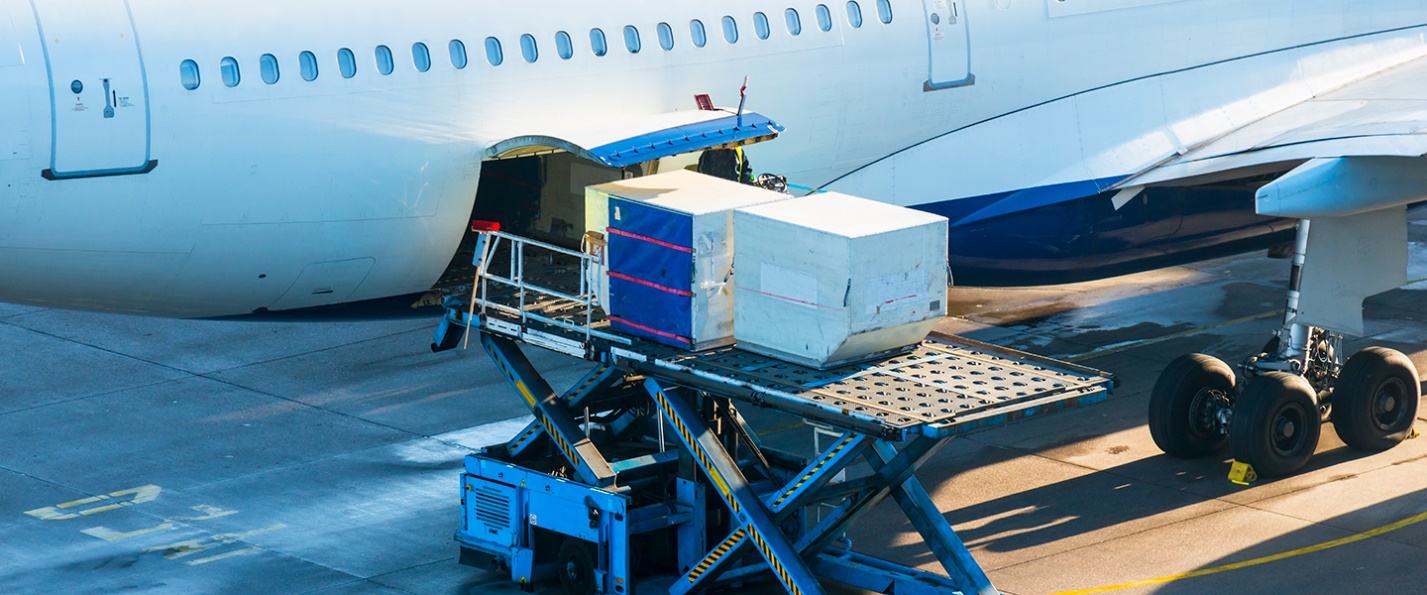Earlier this week Ghana became the first country to receive COVID-19 vaccines through the World Health Organization’s COVAX programme. It was a big step forward in the drive to ensure equitable distribution of COVID-19 vaccines globally. The initiative will become the largest vaccine procurement and supply operation in history.
What is COVAX?
The initiative is a partnership between the World Health Organization (WHO), Gavi, the Vaccine Alliance, and the Coalition for Epidemic Preparedness Innovations (CEPI). They work with UNICEF, the World Bank, governments, manufacturers, and others to ensure global, equitable access to COVID-19 vaccines.
CEPI is an innovative partnership between public, private, philanthropic, and civil organizations that develops vaccines to stop epidemics. Their focus is on the COVAX vaccine research and development portfolio, with the goal of developing three safe and effective vaccines that can be made available to countries participating in the COVAX Facility.
Gavi, the Vaccine Alliance, is a public-private partnership that helps vaccinate children against some of the world’s deadliest diseases. Since its inception in 2000, Gavi has helped to immunize over 822 million children – and prevented more than 14 million deaths, reducing child mortality in 73 developing countries. Their focus is the procurement and delivery for COVAX, they work with UNICEF, WHO and governments to ensure State readiness and delivery.
The WHO has multiple roles within COVAX. They provide guidance on vaccine policies, regulation, safety, R&D, allocation, and also ensure State readiness and delivery. Their Strategic Advisory Group of Experts (SAGE) on Immunization develops evidence-based immunization policy recommendations and their Emergency Use Listing (EUL)/prequalification programmes ensure harmonized review and authorization across member states. They provide global coordination and member state support on vaccine safety monitoring. The WHO develops target product profiles for COVID-19 vaccines, provides R&D technical coordination, and works with UNICEF to support States as they prepare to receive and administer vaccines.
The Ghana shipment this week would not have been possible without safe, secure, and efficient international air cargo services, and as part of the government’s planned vaccination rollout drones will be employed to provide on-demand delivery of doses directly to health facilities.
On 23 February, COVAX shipped 600,000 doses of the AstraZeneca/Oxford vaccine, from the Serum Institute of India in Pune, India to Accra, Ghana. The shipment was the first to be delivered in Africa by the COVAX Facility as part of an unprecedented effort to deliver at least 2 billion doses of COVID-19 vaccines by the end of 2021. This week’s delivery is the first in a wave of shipments that will continue in the coming days and weeks.
In addition to providing assistance with the development of national vaccination plans and providing support for cold chain infrastructure, half a billion syringes and safety boxes for their disposal, masks, gloves and other equipment had to be stockpiled to ensure the necessary equipment would be transported for health workers to start vaccinating priority groups as shipments are effected.
Among the criteria that must be met before shipments can be effected: confirmation of national regulatory authorization criteria related to the vaccines delivered, indemnification agreements, national vaccination plans and other logistical requirements like export and import licenses have to be in place.
“We will not end the pandemic anywhere unless we end it everywhere,” said Dr Tedros Adhanom Ghebreyesus, WHO Director-General. He noted that the shipment to Ghana was a major first step towards realizing our shared vision of vaccine equity, but it’s just the beginning.”
The vital role air transport is playing in the global distribution of COVID-19 vaccines
The transport of COVID-19 vaccines began in December 2020. To meet national and WHO targets, billions of doses have to be moved around the world by air cargo. ICAO closely supports and enhances these efforts guided by our COVID-19 vaccine action plan.
The logistics involved with vaccine transport are comprised of a complex set of processes that involve careful timing and the use of temperature-sensitive distribution systems. Vaccines require robust tracking and monitoring throughout their journeys and must be handled with both skilled expertise and care.
Drones critical for Ghana deliveries
The Government of Ghana integrated medical drone delivery service into its health supply chain in April 2019. The drones being employed will provide instant access to hundreds of health commodities for thousands of health facilities across the country. The overall drone service network Ghana has established presently reaches remote locations in half the country, with the entire Ghana territory expected to be supported by the end of this year.
ICAO’s guidance to government aviation authorities, airlines, and airports
Through bi-weekly coordination with the WHO and other UN agencies, as well as aviation industry groups and other key international players, bottlenecks affecting air cargo shipments have been identified and alleviated.
ICAO has helped to address interdependent land and air transport obstacles and ensure key personnel are exempted from travel restrictions so that critical supplies of vaccines and other goods can get to the countries that need them.
These efforts follow the guidelines and Key Principles of the Council Aviation Recovery Taskforce (CART), convened by the 36 States elected to ICAO’s diplomatic Governing Council. This same advocacy has furthermore been underscored through numerous ICAO and joint stakeholder calls upon all levels of government.
By adhering to ICAO’s provisions for a safe and secure supply chain, including those relevant to the establishment of Public Health Corridors (PHCs) and the updated WCO Harmonized System (HS) Classification Reference, global vaccine distribution will be carried out as safely, securely and rapidly as possible.
Throughout the pandemic, ICAO COVID-19 webinars and training courses have helped ensure that personnel are being competently trained in the securing and/or handling of vaccines and dangerous goods in the context of physical distancing and other pandemic requirements. New and/or amended international standards and related training have helped to address the utilization of re-purposed passenger aircraft which increase global air freight capacity, and many other COVID-19 aviation security and safety challenges.


